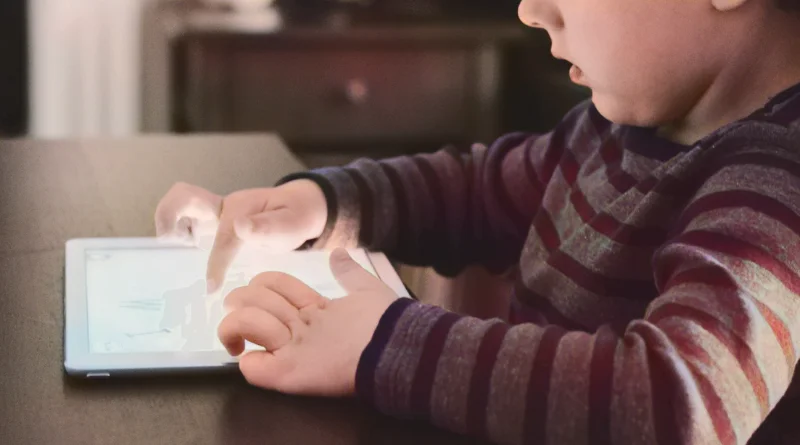Safe Browsing: Children more often than not grow in a technological environment whereby the use of technology is well integrated in their lives. Despite such a promising tool as the internet a person faces numerous questions and possible dangers having endless opportunities of acquiring new information, spending time in an entertaining manner, and satisfying social needs. Since you have become a parent it should be your top most priority to make sure that your children are safe when using the internet. Here, we will be looking at some of the ways through which your children can be protected online and the dos and don’ts of browsing.
1. Lay Down Rules and Communicate Freely
When it comes to guiding the internet use your children, one of the best strategies is to set the rules and norms. Sit down with your kids and explain the risks associated with internet usage that include bullying, exposure to bad content and people with bad intent on the internet. Remind them to alert you to any issues they have or questions they may have about their experiences online.
2. Use Parental Control Software
Parentally control children’s internet use on computers and mobile devices by downloading and installing credible parental control software. These tools enable you to prohibit access to explicit sites, set time for the children when they can use the internet, and monitor their activity online. As always, make sure the settings are appropriate for your children’s ages and their level of understanding and reasoning.
3. Dangers of the Internet for Kids
Teach your children about the importance of practicing safe online habits, such as:
- To be specific, never giving full name, address, phone number, school, and other private details to strangers on the Internet.
- Limiting communication with people one does not know on the internet or in online games and communities.
- Preventing oneself for agreeing to download and open links, emails or messages that may be containing malware or phishing scams.
- Ensuring that they know whom to report any obscene and otherwise damaging materials they stumble upon on the internet.
4. Create Safe Browsing Environments
Set up safe browsing environments for your kids by:
- Creating multiple user accounts and allowing them to be restricted with only little authorities and privileges.
- For instance, there are the ad blockers and content filter that one can use to block or filter what is innocently considered to be material.
- Filtering child-appropriate websites and Google, Bing, or any other search engines designed especially for children.
- Setting up personal accounts for your children that allow you to periodically review their activity and check for any suspicious patterns.
5. Stay Informed and Engaged
Be aware of the most popular trends, applications, and sites your children use, learn about the dangers and protection measures connected with them. Stay connected to your children at all times and try to engage them in discussions regarding the internet, what interests them and what bothers them. Thus, the adult will always be able to control what the children are doing online and be ready for any conflict that might occur.
Conclusion
Online protection for children needs a lot of attention, knowledge, and discussion. Therefore, parents should ensure that the children use parental control, learn safe browsing habits, and always engage the children in discussions on what they find on the internet. Do not forget that technology is helpful to study and to have fun but do not forget that children have to be safe when using the Internet. If properly guided and directed, you can make your children efficient and responsible users of the internet.
FAQs: Safeguarding Your Kids Online
By definitions: what is meant by parental controls and how do they operate?
- You know, parental controls are settings that enable the monitoring and filtering of the child’s activity on the computer, for example, the time for the child at the computer or specific site that he/she cannot view.
What’s the best way to explain internet safety to kids?
- Discuss about the dangers of the internet, allow them to ask questions and let them know what to do when they come across a risky situation on the internet.
What should parents be conscious of regarding children online?
- It should be noted that websites visited, apps used, interactions on social media and gaming platforms should also be monitored for any worrying signs.
What is the best way to make sure my children are safe when they browse the internet?
- Such measures include creating limited access user accounts, employing filters and constantly checking on activities done online.
What should I do if my child encounters something that is not suitable for him or her online?
- Comfort the child, delete the material right away, and inform someone if needed while also providing comfort to your child.
